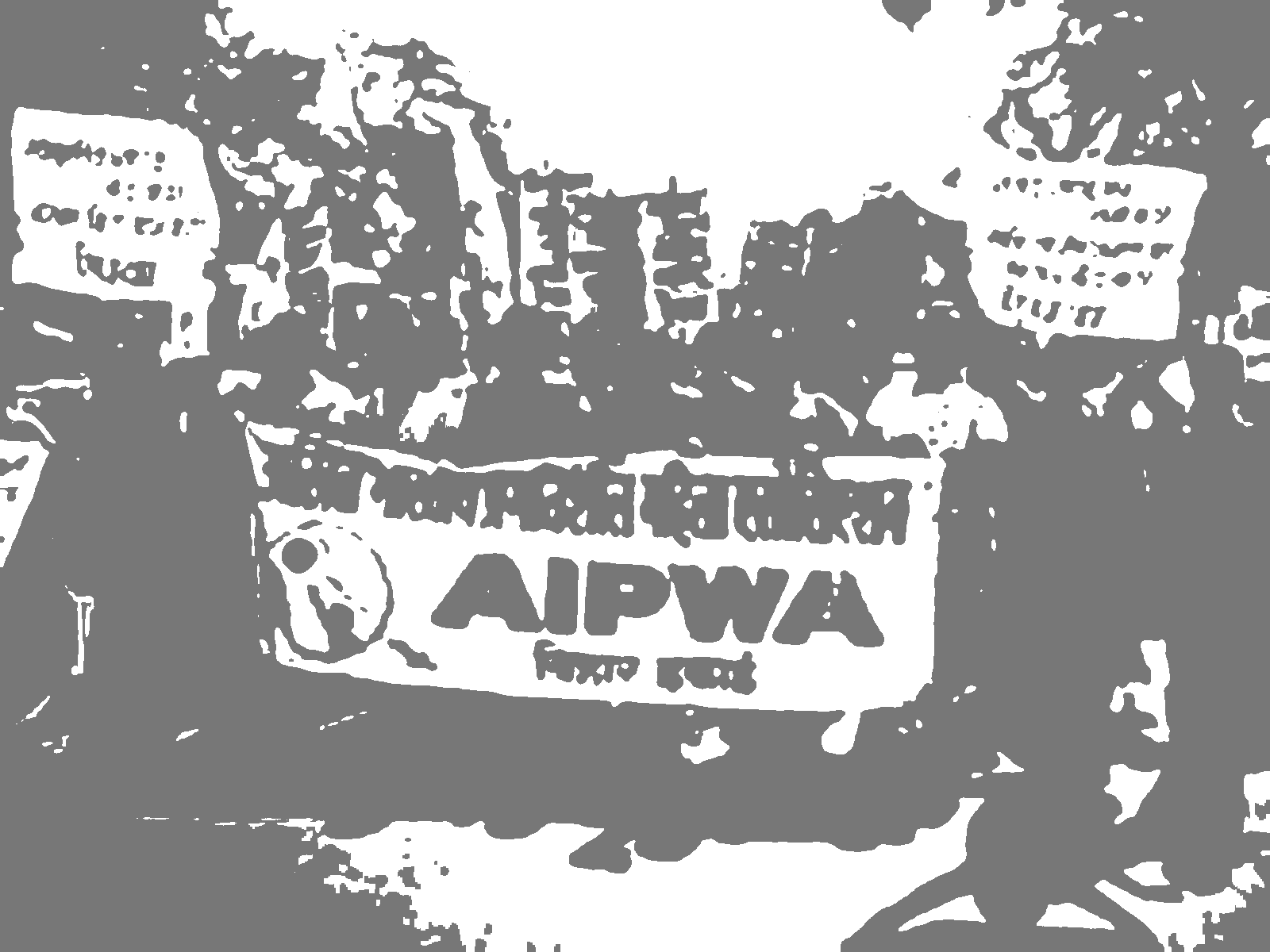 In the first place, we must note that provision has already been made in the Bill, for 33% quota for women within the existing 22% SC/ST quota. Even if the Bill is passed in its present form, it will ensure at least 40 SC/ST women MPs in parliament (substantially more than the 17 in the present Lok Sabha).
In the first place, we must note that provision has already been made in the Bill, for 33% quota for women within the existing 22% SC/ST quota. Even if the Bill is passed in its present form, it will ensure at least 40 SC/ST women MPs in parliament (substantially more than the 17 in the present Lok Sabha).Muslims are indeed severely under-represented in Parliament and most Assemblies. While the quota within quota for Muslim women can be sympathetically considered, the politically motivated attempts to pit the question of women's representation against that of minority representation are not only baseless but in fact mischievous.
The question of quota within quota for OBC women complicated by the fact that there is no existing OBC quota at any level in representative institutions. Even in Bihar, where the state government headed by Sharad Yadav's JD(U) has instituted 50% quota for women in panchayats, there is a quota within quota for women from SC/STs and Most Backward Castes (MBCs), not for OBCs as such.
Without the aid of reservation, OBC representation in assemblies and parliament has increased to form a sizeable contingent proportional with their representation in the population. That is why the demand for an OBC quota has never arisen unless in context of the Women's Bill. Opponents of the Bill have argued that privileged upper caste women will steal a march over deprived OBC women, and that is how the Congress and BJP hope to reverse the post-Mandal OBC assertion in politics. Experience does not provide much basis for such fears: in the 14th Lok Sabha, of the 50 women MPs, 30% (15) were of the OBC category. In other words, once given a chance, the performance of OBC women in electoral politics seems to match those of OBC men, since politics is not a personality contest, and it is the position of candidate and party in the social balance of forces rather than individual privilege alone that is the main consideration in candidate selection as well as electoral victory.
Notwithstanding the above arguments and evidence, the question of quota for OBC women within the women's quota should not be allowed to become a pretext for stalling the Bill, and no objection need be raised to the incorporation of such a quota as long as the 33% provision is not diluted.
Closer examination, however, suggests that the anti-Bill camp has no principled stand on the question of the 'quota within quota' for oppressed castes and minorities. Mulayam Singh has made it clear that he is against women's reservation per se – even with ‘quota within quota’ for OBC and Muslim women – and has instead shifted the goalposts with the suggestion of a party-wise quota of 20% tickets to women candidates. Nitish Kumar has meanwhile chosen to strategically extend support for the Bill in its present form – even as his party colleague Sharad Yadav continues with strident rhetoric against Bill. The opportunistic shifts in stance by these leaders even on the 'quota within quota' question suggests that genuine concern for political representation of OBC women is not what is driving their opposition to the Bill.
The debate over the Women's Bill has seen a spate of sexist rhetoric against women's political representation: witness Laloo Yadav's proud boast that “India is a male-dominated country” and wives including his own wife would vote in keeping with husbands' diktats, or the spectre conjured up by Mulayam of a Parliament that will be emptied of men within 15 years. This misogynistic rhetoric is not just patriarchal ranting: it has a calculated political purpose. In the bid to counter the Congress' ascendancy and consolidate the support of certain social sections, a plank of patriarchal rhetoric against the Women's Bill is a handy tool.
Some liberal critics of the Bill have argued that the Bill presents no 'tangible benefits' for women and society. The socialist women's movement in Europe and America then had no illusions about the 'benefits' of bourgeois parliamentary politics, but they nevertheless made universal adult suffrage a key demand of the International Women's Day protests that they initiated a century ago.
The Women's Bill is not and should not be expected to be a panacea for women's ills. Thanks to enhanced representation in panchayats and having had women in the posts of Prime Minister and President, India's performance in the political participation index of the Global Gender Gap Index 2009 is high. Yet India is a shameful bottom or near-bottom when it comes to sex ratio at birth, and women's economic participation and health and survival. Powerful women parliamentarians from ruling class parties have rarely defended women's rights: Vijayaraje Scindia of the BJP valorised sati; Sonia Gandhi is silent on atrocities by khap panchayats in Congress-ruled Haryana; Sushma Swaraj likewise on the attacks on women's freedom by Sangh outfits. Greater representation in parliament and assemblies will not necessarily resolve gender inequalities, since women leaders in Parliament cannot be counted upon to challenge economic and social structures that subordinate women: that task will still fall to the women's movement.
Another popular argument against the Bill is that it will create a 'biwi-beti' brigade of male politicians' wives and daughters. This term is in itself highly derogatory, especially since it is used by people like Madhu Kishwar to denigrate communist women leaders who have been leaders in their own right and certainly not 'puppets' of their husbands. In any case, there is no dearth of male politicians who are sons of politicians – if they are acknowledged as leaders in their own right, why should daughters or wives of politicians not merit the same right?